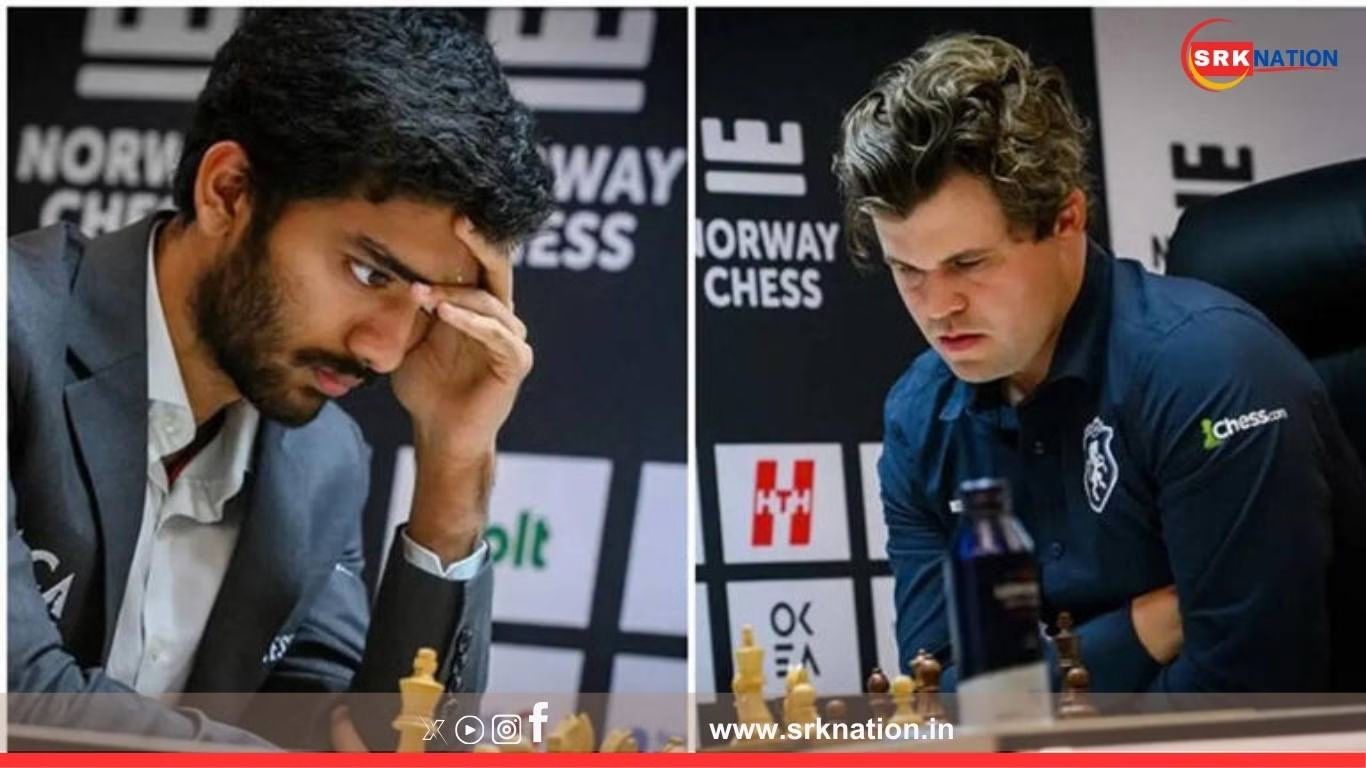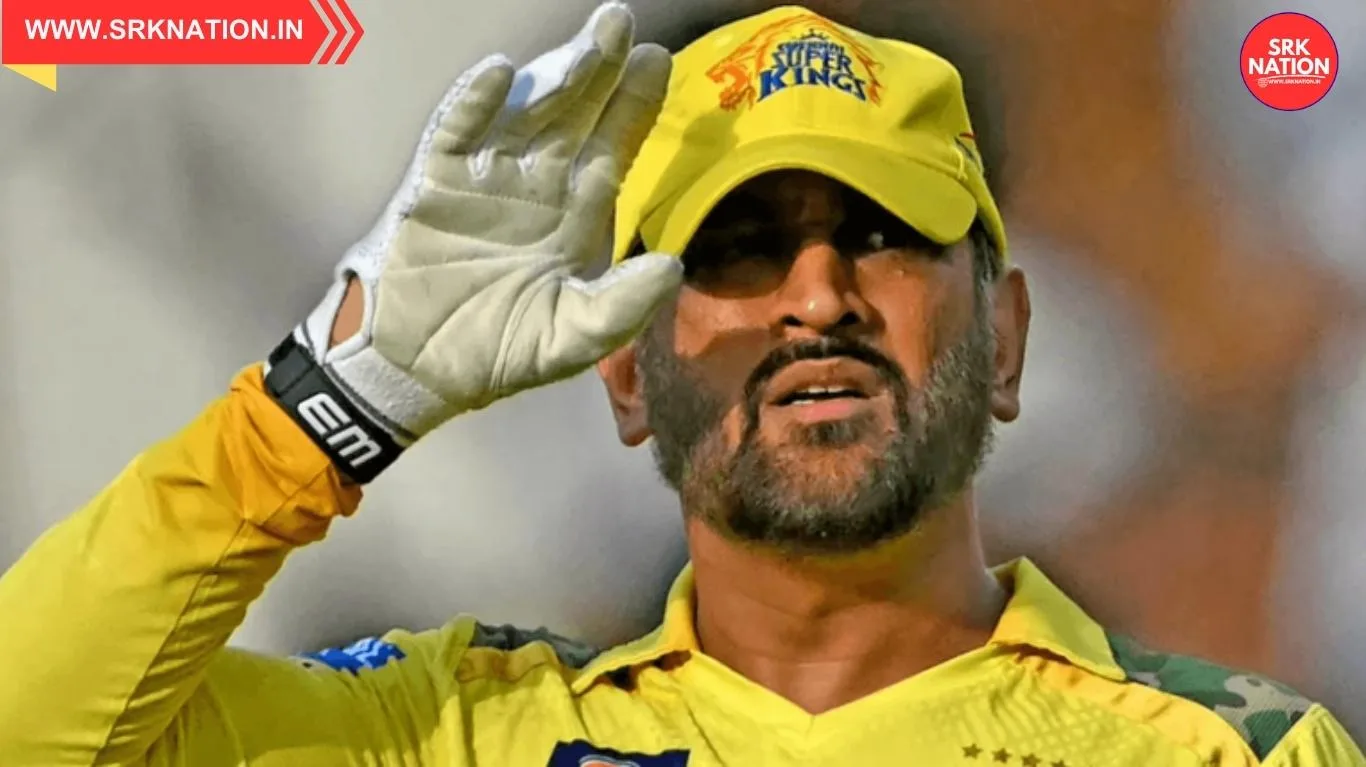India’s teenage chess prodigy D Gukesh has become the youngest-ever World Chess Champion, defeating China’s Ding Liren in the 2024 FIDE World Championship final in Singapore. Yet, his historic triumph has sparked a polarizing debate in the global chess community. Critics, including legendary Grandmaster Garry Kasparov, have questioned the legitimacy of Gukesh’s title, arguing that he didn’t beat Magnus Carlsen—the reigning champion until 2023 who chose not to defend his crown.
But to delegitimise Gukesh’s achievement on that basis is not only unfair—it undermines the very structure of competitive chess and the spirit of meritocracy that defines it.
🧭 Gukesh’s Journey to the World Title
| Tournament Stage | Opponent(s) Defeated | Result/Score |
|---|---|---|
| FIDE Candidates 2024 | Caruana, Nakamura, Nepomniachtchi, Firouzja, Praggnanandhaa | Winner |
| World Championship Final | Ding Liren | 7.5–6.5 (Victory) |
| SuperUnited Rapid & Blitz Croatia 2025 | Carlsen, Caruana, Firouzja, Praggnanandhaa | 5 consecutive wins |
Gukesh’s path to the title was anything but easy. At just 18, he outplayed some of the most formidable names in modern chess during the Candidates Tournament, earning his spot in the final against Ding Liren. His win was not a fluke—it was the result of consistent, high-level performance under pressure.
📊 Comparing World Champions: Context Matters
| Champion Name | Year Crowned | Defeated Opponent | Controversy Level |
|---|---|---|---|
| Bobby Fischer | 1972 | Boris Spassky | Low |
| Anatoly Karpov | 1975 | Title awarded after Fischer withdrawal | High |
| Magnus Carlsen | 2013 | Viswanathan Anand | Low |
| D Gukesh | 2024 | Ding Liren | Medium |
Critics argue that Gukesh’s title lacks prestige because Carlsen didn’t participate. But history shows that champions like Karpov also ascended without defeating the previous titleholder. The rules of FIDE are clear: the winner of the Candidates earns the right to challenge the reigning champion. If the champion withdraws, the match proceeds with the next eligible contender.
🔍 Susan Polgar’s Defence of Gukesh
Former Women’s World Champion Susan Polgar has strongly defended Gukesh, stating:
“Gukesh is a deserving World Classical Champion, period! He went through the FIDE Candidates as an 18-year-old, the youngest in the tournament, and came out ahead of big stars like Fabiano Caruana, Hikaru Nakamura, Ian Nepomniachtchi, Alireza Firouzja, and Pragg. It was not his fault that Magnus Carlsen walked away from his title. If we delegitimise his title because he didn’t beat Carlsen, then we must do the same for champions after Bobby Fischer, since he also walked away from his title! We can’t have different standards for players we like or dislike”.
Polgar’s remarks highlight the inconsistency in how chess legends are judged. Gukesh followed the rules, earned his place, and won the final. That should be enough.
📉 Kasparov’s Criticism and Community Response
Garry Kasparov, a six-time world champion, stirred controversy by saying:
“Gukesh won fair and square, but you can hardly call him the strongest player in the world. Magnus ended the era of classical world champions. Gukesh’s title is very different”.
While Kasparov later apologized for the bluntness of his remarks, he maintained that the absence of Carlsen diminished the title’s prestige. However, many in the chess world disagree, pointing to Gukesh’s recent victories—including a stunning win over Carlsen in a rapid format at the SuperUnited Rapid and Blitz Croatia 2025.
🧠 Gukesh’s Performance in Croatia: Silencing Doubters
In Croatia, Gukesh defeated five elite players consecutively: Firouzja, Praggnanandhaa, Abdusattorov, Caruana, and Carlsen. This streak was hailed as one of the most impressive runs in recent chess history.
| Opponent Defeated | Format | Color Played | Result |
|---|---|---|---|
| Alireza Firouzja | Rapid | White | Win |
| R Praggnanandhaa | Rapid | Black | Win |
| Nodirbek Abdusattorov | Rapid | Black | Win |
| Fabiano Caruana | Rapid | White | Win |
| Magnus Carlsen | Rapid | Black | Win |
This performance not only showcased Gukesh’s versatility but also his ability to beat Carlsen—albeit outside the classical format.
🧠 The Bigger Picture: Merit Over Myth
Delegitimising Gukesh’s title because Carlsen opted out is akin to punishing a student for topping the class because the previous topper didn’t take the exam. The structure of chess championships is designed to reward consistency, preparation, and performance—not legacy or popularity.
| Argument Against Gukesh | Counterpoint |
|---|---|
| Didn’t beat Carlsen | Beat Carlsen in rapid; followed FIDE rules |
| Title lacks prestige | Won Candidates and final match |
| Too young/inexperienced | Outplayed seasoned grandmasters |
| Carlsen is still strongest | Strength doesn’t override official title |
Chess is not just about who’s strongest—it’s about who wins when it matters most.
📌 Conclusion
D Gukesh’s rise to the top of the chess world is a story of grit, talent, and timing. While debates around legitimacy may continue, the facts remain: he earned his title through the official process, defeated the reigning champion, and proved his mettle against the best in the world.
To question his crown because Magnus Carlsen chose not to defend it is to ignore the very essence of competitive sport. Gukesh didn’t inherit the title—he conquered it.
—
Disclaimer: This article is based on publicly available news reports and official statements as of August 24, 2025. It is intended for informational purposes only and does not constitute sports, legal, or editorial advice.











